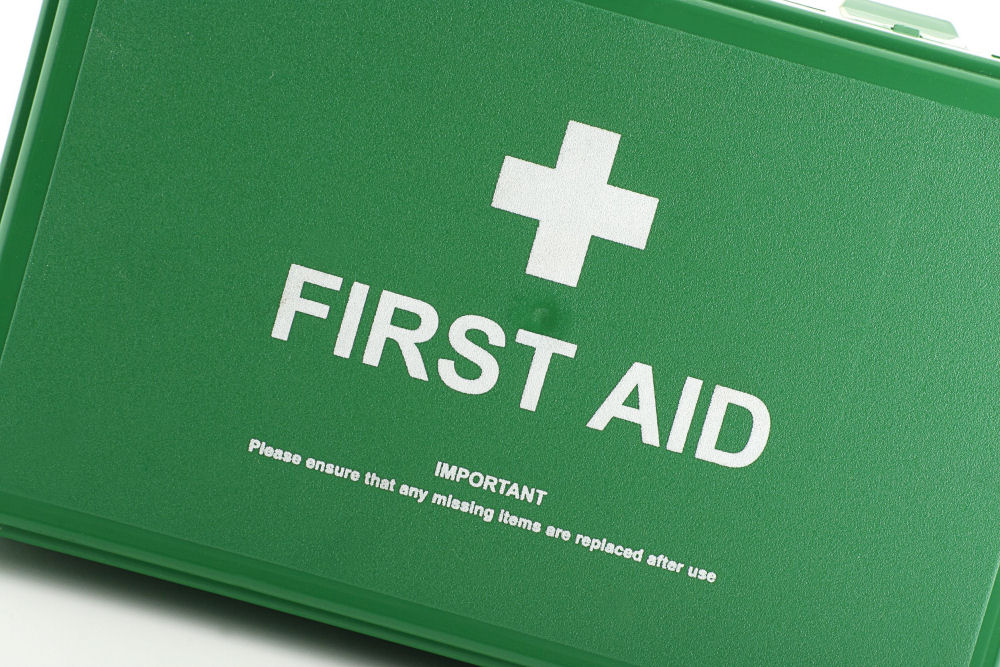Drivers Handbook
Introduction
This handbook is intended to provide employees with the information they need to drive safely and responsibly while on company business in the UK. It covers a variety of topics, including:
- Vehicle safety
- Traffic laws
- Defensive driving
- Alcohol and drug use
- Mobile phone use
- Smoking
- Vaping
- Cargo loading and securing
- Mileage reimbursement
- Weather-related driving
- Emergency procedures
- Vehicle maintenance
- Maintaining safety/first aid equipment in the vehicle
Vehicle Safety
Before driving a company vehicle, employees should always inspect the vehicle for any damage or defects. They should also make sure that the vehicle is properly fueled and that the tires are properly inflated.
Employees should always wear their seatbelts when driving a company vehicle. They should also avoid driving while tired or under the influence of alcohol or drugs.
Traffic Laws
Employees must obey all traffic laws when driving a company vehicle in the UK. This includes speed limits, stop signs, and traffic signals. Employees should also be aware of the laws regarding parking and driving in construction zones.
Defensive Driving
Defensive driving is a driving style that is designed to avoid accidents. Defensive drivers are always aware of their surroundings and are prepared to take evasive action if necessary.
Some tips for defensive driving include:
- Be aware of your surroundings
- Leave plenty of space between you and the car in front of you
- Use your turn signals
- Don't tailgate
- Be prepared to stop for pedestrians and cyclists
Alcohol and Drug Use
Employees are prohibited from driving a company vehicle while under the influence of alcohol or drugs. This includes prescription drugs that can impair driving.
If an employee is caught driving under the influence, they will be subject to disciplinary action, up to and including termination of employment.
Mobile Phone Use
Employees are prohibited from using mobile phones while driving a company vehicle. This includes talking on the phone, texting, and using hands-free devices.
If an employee is caught using a mobile phone while driving, they will be subject to disciplinary action, up to and including termination of employment.
Smoking
Smoking is prohibited in all company vehicles. This includes smoking cigarettes, cigars, and pipes. Vaping is also prohibited in all company vehicles.
If an employee is caught smoking or vaping in a company vehicle, they will be subject to disciplinary action, up to and including termination of employment.
Cargo Loading and Securing
Employees are responsible for loading and securing cargo in company vehicles. Cargo must be loaded in a safe and secure manner to prevent it from shifting during transport.
Employees should also be aware of the weight and balance restrictions of the vehicle. Cargo that is too heavy or that is not properly balanced can cause the vehicle to become unstable and could lead to an accident.
Mileage Reimbursement
Employees who use their personal vehicles for company business may be eligible for mileage reimbursement. To be eligible, employees must keep a log of their mileage and submit it to their supervisor for approval.
The rate of mileage reimbursement is set by the company. Employees should contact their supervisor for more information.
Weather-related driving
When driving in bad weather, it is important to be extra cautious. Here are some tips for safe weather-related driving:
- Slow down and leave plenty of space between you and the car in front of you
- Use your headlights and turn signals early and often
- Be prepared to stop for unexpected hazards
- Avoid driving in heavy rain or snow if possible
Emergency procedures
If you are involved in an accident while driving a company vehicle, you should follow these steps:
- Stay calm and assess the situation.
- Call 999 if there are injuries or if the vehicle is blocking traffic.
- Exchange information with the other driver(s) involved in the accident.
- Report the accident to your supervisor as soon as possible.
Vehicle maintenance
Employees are responsible for keeping their company vehicles in good working order. This includes checking the oil, tires, and brakes regularly.
If you notice any problems with your vehicle, you should report them to your supervisor immediately.
Maintaining safety/first aid equipment in the vehicle
Company vehicles should be equipped with the following safety/first aid equipment:
- First aid kit
- Fire extinguisher
- Warning triangle
- High-visibility vest
Employees should be trained in the use of this equipment and should know where it is located in the vehicle.
